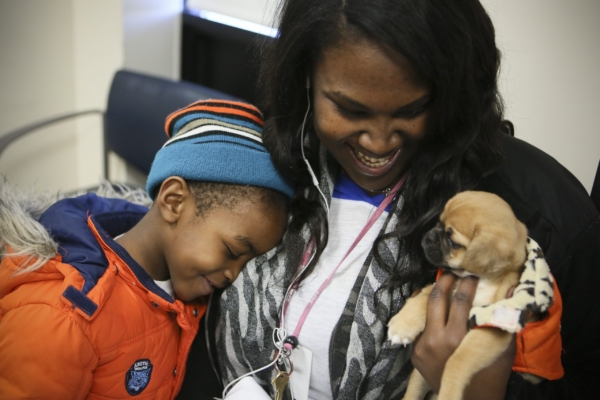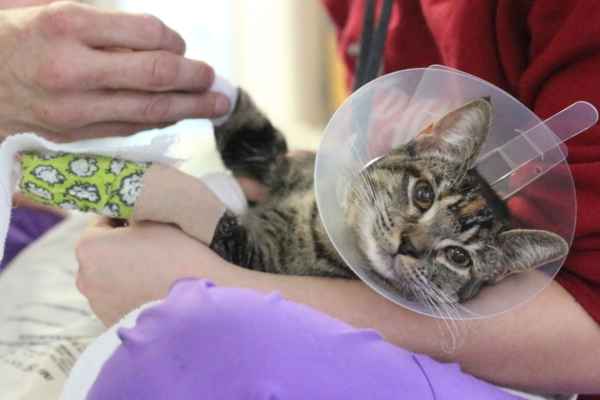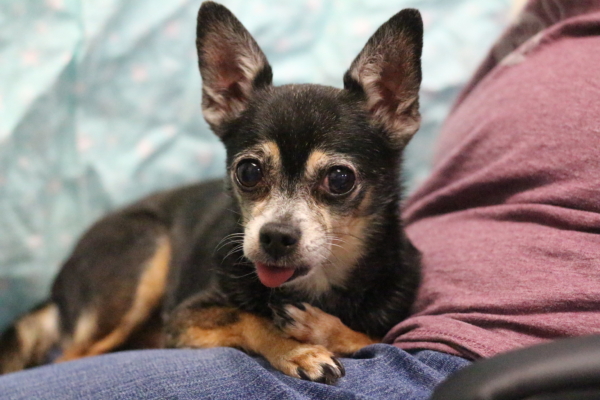PAWS is proud to be Philadelphia’s largest provider of affordable spay/neuter surgery for cats and dogs in need.
We began offering spay/neuter to the public when we opened our first clinic in 2010, recognizing that communities cannot rescue their way out of the homeless pet crisis. Instead, unwanted litters and other issues related to unaltered pets must be prevented to slow the flow of animals into shelters. At the time, an overwhelming 30,000 stray and surrendered pets entered the city shelter yearly, many for preventable reasons: accidental litters, too many pets in the home, difficulty affording care, and medical issues. At the same time, countless litters of kittens were born on the streets, continuing the cycle.
To serve vulnerable pets and address the root causes of pet homelessness in Philadelphia, PAWS operates two Spay/Neuter and Wellness Clinics, in Grays Ferry and the Northeast. We perform thousands of low-cost surgeries per year, for three categories of animals:
- Beloved pets. Learn more about how PAWS provides affordable veterinary care to pet owners in Philadelphia, so that pets can remain healthy and in their homes where they are loved.
- Cats and dogs saved by fellow rescue organizations. Affordable care helps our lifesaving partners stretch their limited funds and save more animals.
- Community cats through Trap-Neuter-Return (TNR). Read more about how PAWS supports community cat caretakers and TNR efforts across the city.
To date, PAWS has spayed and neutered more than 143,000 animals. On any given day, several PAWS veterinarians — experts at performing high-quality, high-volume surgery — are caring for owned pets, shelter pets, and community cats, supported by skilled vet technicians and frontline staff. Our surgical program was originally developed with guidance from the University of Pennsylvania School of Veterinary Medicine, and continues to operate according to industry best practices under the leadership of our medical director and veteran surgeons.
The result? Less than half as many pets enter Philadelphia shelters compared to when we began, and far fewer litters are born on the street. In 2011, only one year after starting our spay/neuter program, we began witnessing a distinct reduction in the number of pets entering the city shelter. That steady decline has continued every year since. As a result, the survival chances for animals who do land there have improved significantly every year as well.
Still, there is much work to do and thousands more pets in need. Through our work in the community we have found that many people want to have their pets spayed/neutered, but cannot afford to do so or do not know that help is available. Widely accessible spay/neuter is a fundamental element of a humane community. In a city like Philadelphia, where hundreds of thousands of residents live in or close to poverty, the need is profound and far-reaching.







